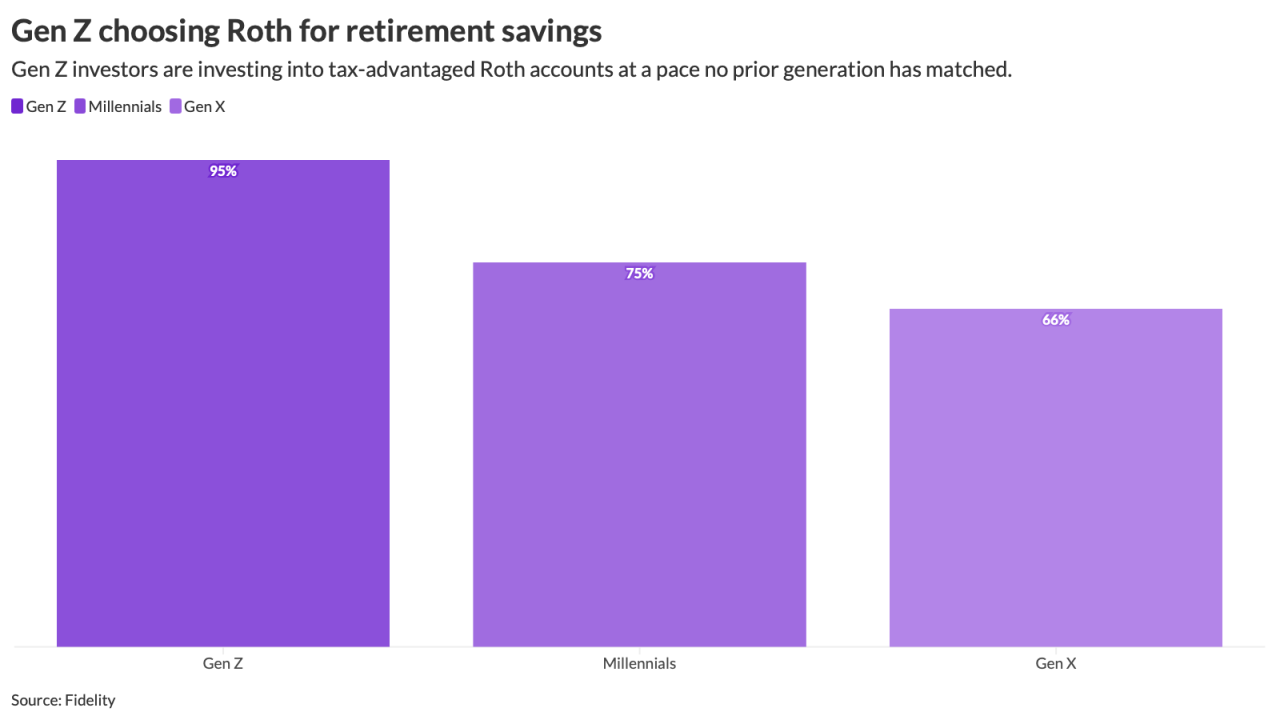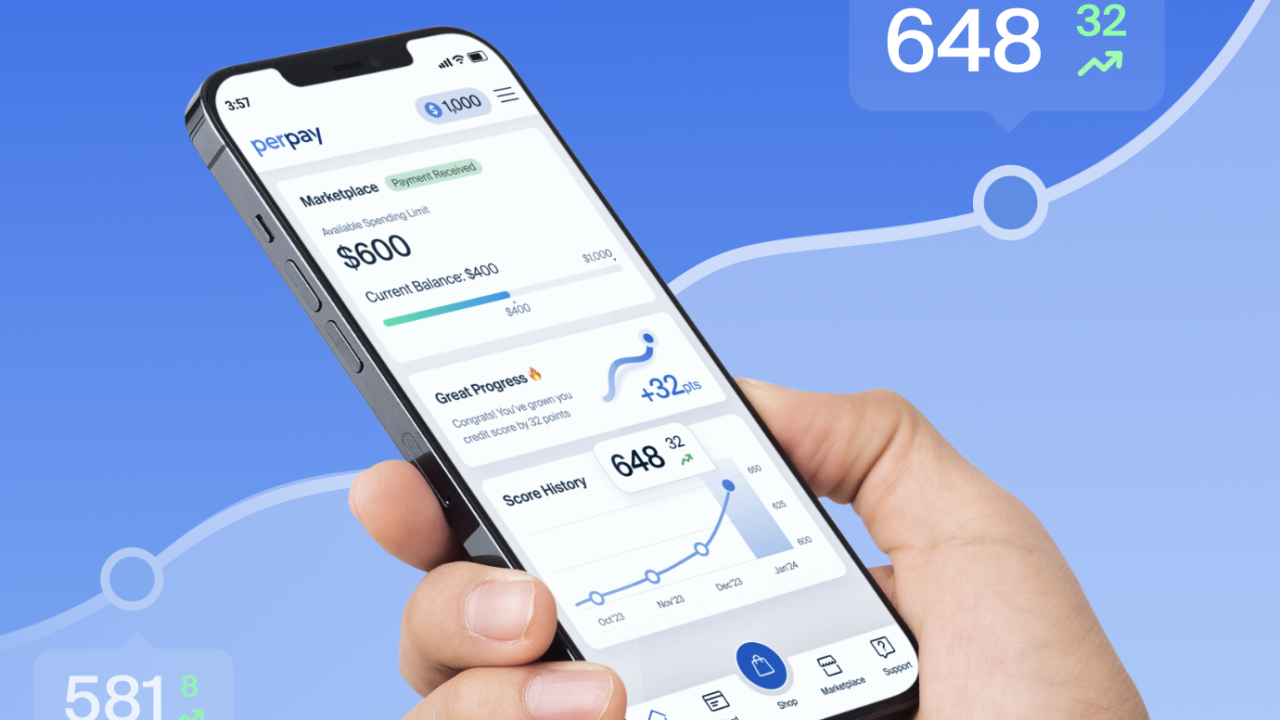This week, the Supreme Court heard oral arguments in Gobeille v. Liberty Mutual Insurance Co. Although hardly a blockbuster case in terms of media attention, Gobeille has vital implications for employee benefit plans — and for future attempts to impose state-specific regimes to gather health data from those plans.
Gobeille arises out of a dispute between the state of Vermont and Liberty Mutual Insurance Company. Vermont, like a growing number of other states, requires that health insurers — including self-funded ERISA health plans — report data on healthcare provided to their members to an “all-payer claims database” (APCD). Vermont uses the information in its APCD to study the healthcare system and assess how to improve health policy. Currently, 18 states have APCD laws, and numerous others are considering creating one.
Liberty Mutual — whose self-insured health plan covers a number of people who live in Vermont — sued to prevent Vermont from requiring it to produce data for the APCD. Liberty Mutual argued that Vermont’s reporting requirements were preempted by ERISA, which contains a broad provision preempting “any and all state laws insofar as they may now or hereafter relate to any employee benefit plan.”
The U.S. Court of Appeals for the Second Circuit agreed with Liberty Mutual, holding that Vermont’s law is preempted because it pertains to a core function of ERISA plans, reporting, and because allowing 50 states to impose different APCD reporting requirements on ERISA plans would burden plans and disrupt the uniformity of regulation that ERISA was meant to provide.
Two lines of disagreement
On appeal to the Supreme Court, the United States appeared as amicus curiae in support of Vermont. Two main lines of disagreement between the parties became clear.
First, the parties disagreed on whether APCD laws like Vermont’s infringe on a core function of ERISA plans. The state and the federal government contended that the APCD law focuses solely on gathering existing health care information, rather than governing how plans are administered or the benefits that are paid. For that reason, it does not infringe on ERISA’s domain. Liberty Mutual, by contrast, argued that the APCD reporting requirement relates to a central function of plans—reporting and disclosure—and that it is distinguishable from generally applicable state laws that are not preempted.
Second, the parties disagreed about whether reporting healthcare data to states is a significant burden on plans and plan administrators. Liberty Mutual — along with a number of health insurance companies and associations appearing as amici curiae — argued that reporting is inherently burdensome because reporting requirements vary from state to state, requiring plans to expend significant resources tracking the various requirements and formatting data for each different database. The state and the federal government contended that third-party plan administrators already collect most if not all of the data that is required and that Liberty Mutual had not provided any evidence that APCD laws are burdensome to comply with.
How will SCOTUS rule?
Predicting how the Supreme Court will decide a case based on oral argument questioning can be perilous, but the Justices gave Liberty Mutual reasons to be optimistic. Although several justices appeared sympathetic to Vermont’s policy goals, they asked why the data collection should arise at the state, rather than federal, level.
Justices Scalia and Alito, in particular, suggested that in light of the fact that the Affordable Care Act amended ERISA to allow the Department of Health and Human Services to collect health data from plans, APCD laws would now clearly conflict with ERISA’s requirements. Justices Breyer and Kagan appeared to agree with Liberty Mutual that complying with 50 different state APCD regimes would be burdensome on plans, with Justice Kagan calling that proposition “very intuitive.” None of the Justices appeared eager to permit a state-by-state regime of disparate data collection requirements.
No matter how the case comes out, Gobeille will have important ramifications for the field of health policy. If the Court holds that ERISA preempts individual state APCD laws, there will likely be calls for a uniform federal healthcare data reporting regulation. A ruling in favor of Vermont, on the other hand, would give other states the green light to adopt APCD laws of their own.
The case will also be an important development in the law of ERISA preemption, which is currently somewhat unsettled. If the Court reframes the preemption test broadly, it will inhibit future state regulation of ERISA plans in other areas beyond health policy. And if the Court narrows the test, it will become easier for states to impose reporting requirements on both ERISA welfare and pension plans.
A ruling is expected sometime this spring. Until then, stay tuned.
Nancy Ross is a partner in Mayer Brown’s Chicago office and a member of the ERISA Litigation practice. Brian Netter is a partner in the firm’s Washington, D.C. office and a member of the Supreme Court & Appellate practice. Matthew Waring is a Litigation & Dispute Resolution associate in the firm’s Washington, D.C. office.
The information in this legal alert is for educational purposes only and should not be taken as specific legal advice.





